The Ivy Scholars guide to Columbia University’s culture, admissions, and other essential information for prospective students and their families.
Location: New York, New York
Mascot: Roaree the Lion
Type: Private Research Institution
Population: 36,600 (9,700 undergrads)
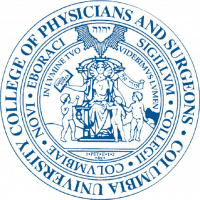
Columbia University was established in 1754 in New York City, and is the oldest college in the state; five Founding Fathers graduated from this institution. It administers the Pulitzer Prize every year. The school has a focus on graduate programs, but undergraduates are guaranteed on-campus housing for all four years of their education. Barnard College is Columbia’s women-only sister institution.
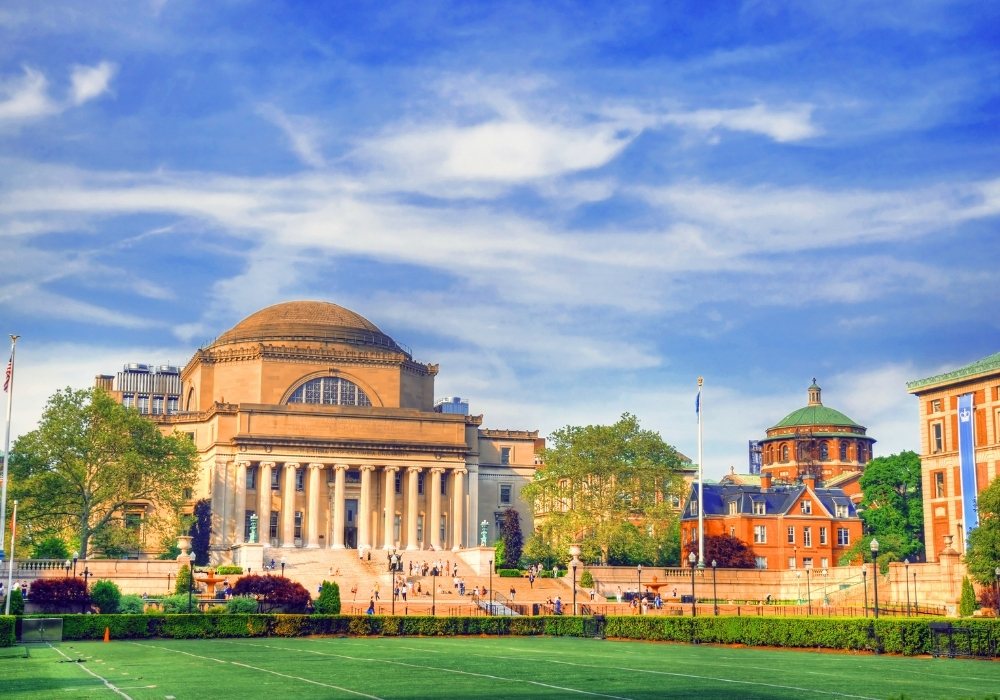
Year Founded: 1754
4 Year Graduation Rate: 96%
Gender Distribution: 51% male, 49% female
Acceptance Rate: 4.3%
Residency: 78% out of state, 6% in state, 16% international
Location Type: Urban
Schedule System: Semesters
Student/Faculty Ratio: 6:1
Average Class Size: 20
Demographics: 54% Caucasian, 30% Asian, 20% Hispanic, 15% Black, 4% Other
US News Rankings:
Independent Rankings:
Application Deadlines:
Notification Dates:
Acceptance Rates:
Average Applicant Pool: 57,100
Average Number of Applicants Accepted: 2,200
Average Number Enrolled: 1,400
Application Systems: Common App, Coalition App
Average GPA: 4.12 weighted
SAT Scores: 25th% – 1500, 75th% – 1560
ACT Scores: 25th% – 34, 75th% – 35
*Test optional. Writing sections optional.
Demonstrated Interest:
Columbia does not consider demonstrated interest.
Recommendation Letter Policies:
One counselor recommendation and two teacher recommendations are required. Additional recommendation letters are discouraged, but an additional letter of recommendation will be accepted if the writer has worked with you in a research or college course capacity.
Columbia Essay Prompts:
Special Notes:
Transfer:
Admissions Criteria:
There are six factors which are the core criteria by which candidates are evaluated. These are: academic preparation, family and community circumstances, character, extracurriculars, recommendations, and fit.
Academic preparation is determined based on GPA, course rigor, and standardized test scores. These are used to decide if a student is ready for the academic rigors of Columbia. 95% of students are in the top 10% of their graduating class.
Family and community circumstances include things like racial and ethnic background, socio-economic status, and geographic origin. These are considered due to Columbia’s desire to build a diverse student body.
Recruited athletes have an admissions advantage so long as they also meet admissions criteria academically. If their academic preparation is at a sufficient level, then their chances of admission are greater than those of the average student.
As Columbia is unable to offer interviews to every applicant, they are not a key component of admissions. The school does not consider demonstrated interest or ability to pay.
What is Columbia Looking For?
Columbia uses a holistic admissions process, and ensures that every student will have their application looked at by more than one admissions officer before a final decision is made. While high academic achievement is paramount, other factors can make up for a few points of weakness there. In effect, a few Bs or substandard test scores will not automatically sink an application, so long as the student excels elsewhere.
In extracurriculars, Columbia is looking for passionate specialists. They have a large number of accomplished alumni, and are looking to add to that number by admitting masters in their fields, who will go on to excel at other things in their own right. Thus a student who has excelled in a single activity will be more appealing to them than one who is ok at many activities.
Key to the holistic admissions decision are the concepts of character and fit. Columbia is looking for students who are not just excellent, but who will best benefit from what Columbia specifically has to offer. Essays and letters of recommendation are used to judge each applicant’s character. Columbia is looking for students who want to change the world, who are passionate about their academic areas of interest, and who would most benefit from the resources available to them on campus.
Columbia has announced commitments to increase representation on campus among marginalized and underprivileged groups. This will take the form of increased outreach and recruitment initiatives, to bolster the number of applicants and increase their yield once they are admitted.
Columbia Strategy:
The single easiest way to increase chances of admission for Columbia is to apply ED. The admissions rate here is several times higher than that of regular decision, and close to half of each incoming class is admitted based on a smaller pool of applicants. Thus, if Columbia is your first choice, you should definitely apply ED.
While Columbia does use holistic admissions, and low academics will not necessarily sink your application, having strong academics is always preferable. Your grades should be high, and you should be taking the most challenging courses available to you. Similarly, your test scores should be above the 50th percentile to be competitive.
Extracurriculars, as stated previously, should tell a story of passionate involvement with a few activities at a high level. The more unique your extracurricular achievements, the more your application will stand out.
The essays are a key component of the application, and are the one you have the most control over. These will demonstrate to admissions your character, and how you will fit in with their vision for the university. The essays should demonstrate the best version of you, and describe why Columbia is the best place for you to grow and succeed as a student. Columbia receives many thousands of applications from students who are qualified to attend, thus they look for students who would benefit the most from attending.
Enter your information below and submit for access to the guide.
Schools:
Core Requirements:
Courses of Study:
AP Credit Policies:
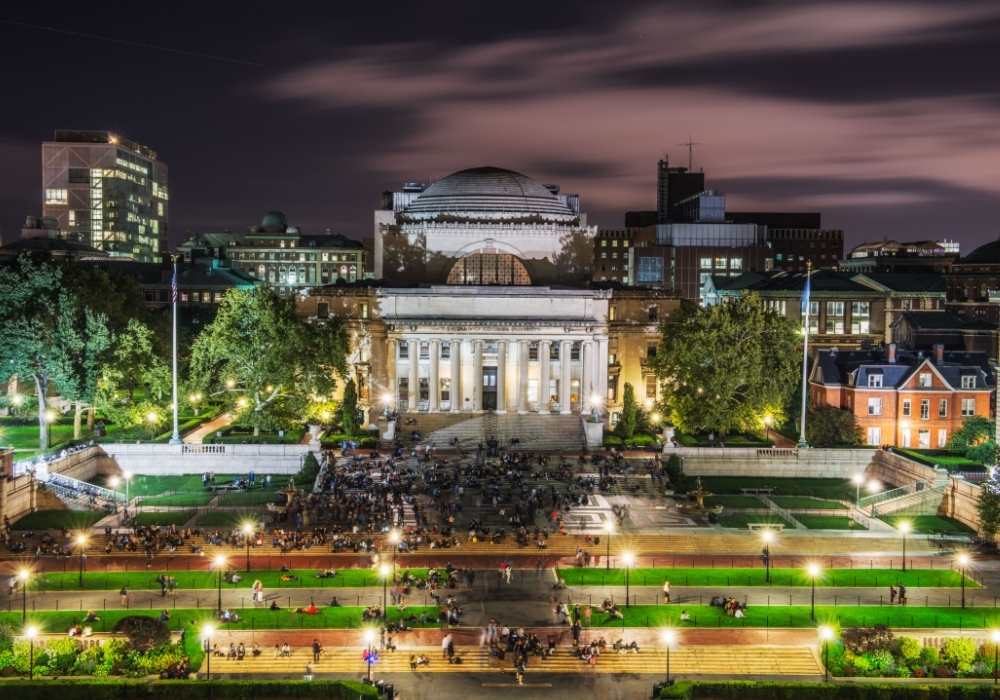
Honors Programs:
Research Availability:
Study Abroad:
Business Options:
Pre-Med Options:
Pre-Law Options:
Computer Science Options:
Additional Specialty Programs:
The Cross-Registration Program: Students can be invited to cross-register for weekly instrumental (classical and jazz), composition, and vocal instruction with the Juilliard faculty, after completing the formal application and successfully auditioning at Juilliard.
The Joint BA/MM Program: Columbia College students already in the cross-registration program can apply to participate in the joint program that offers students the opportunity to earn a B.A. from Columbia and an M.M. from Juilliard in five years.
The Graduate Program in Public Policy and Administration: This program provides students with the opportunity to earn both B.A. and M.P.A. degrees in five years.
Programs for High Schoolers:
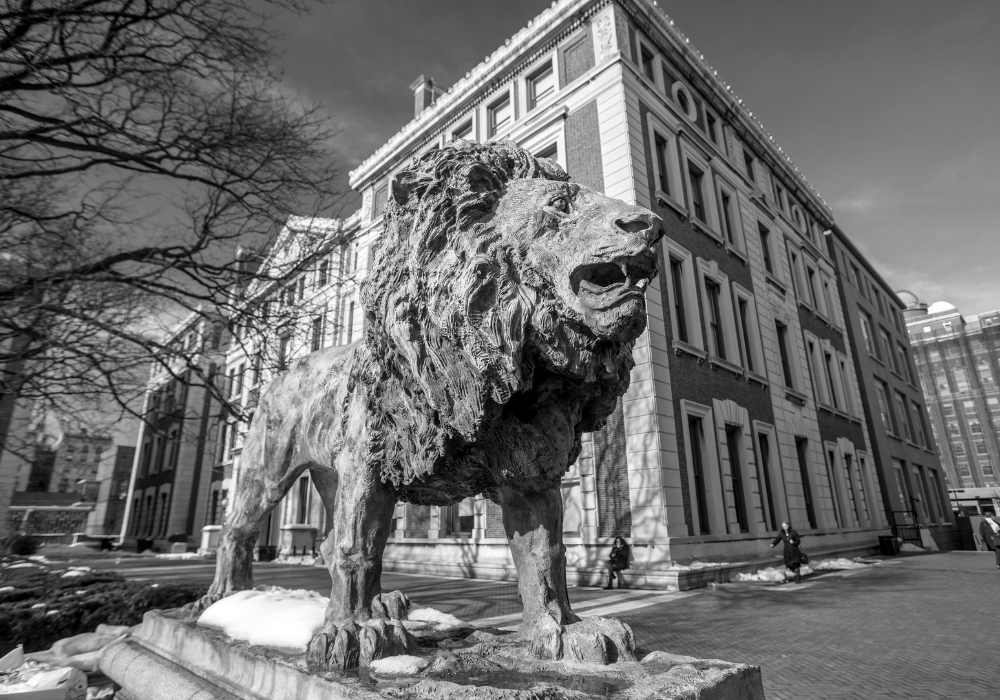
School Motto: In thy light we shall see
Mission and Values:
Student Testimonials (Niche, Unigo, Cappex)
Columbia’s Housing System:
Columbia’s Housing offers students a unique opportunity to build a close sense of community within the vast urban setting that is New York City. There are 19 undergraduate residence halls and 18 brownstones which house traditional residential students as well as special living communities, located on and around the Morningside campus.
Housing Statistics:
Campus & Surrounding Area:
Transportation:
Traditions:
Student-Run Organizations:
Sports:
Greek Life:
Nightlife:
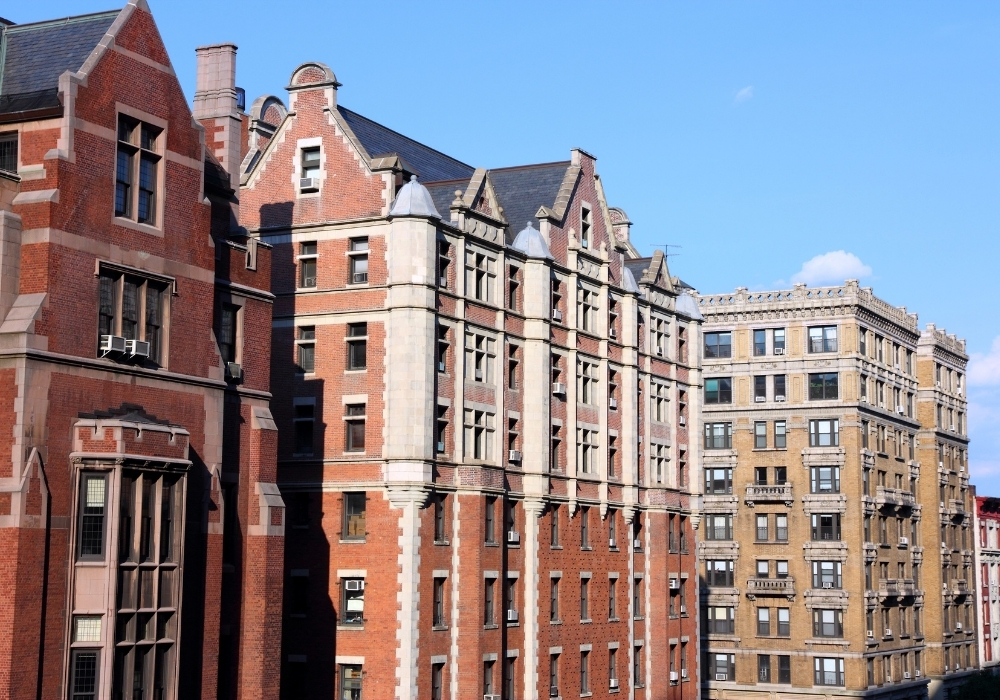
Yearly Cost of Attendance:
Financial Aid & Scholarships:
Financial aid at Columbia is need-based; there are no academic, athletic, or talent-based institutional scholarships. Columbia provides several types of resources and aid to help their students:
The Columbia Grant is a need-based funding provided by the University to assist students.
Pell Grant and the Supplemental Education Opportunity Grant(SEOG) are the two federal grants offered.
Tuition Assistance Program (TAP) is a state-funded grant option for NY residents.

Ivy Scholars is the leading educational consultant in Sugar Land, Texas, providing admissions coaching, test prep, and more to help students enroll at top tier schools.

Call us now: +1 (281) 215-5148
.
Get expert tips, admissions updates, and resources delivered straight to your inbox.


